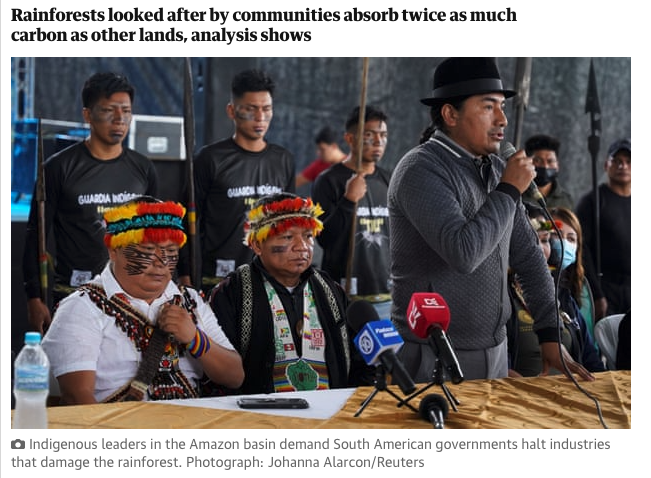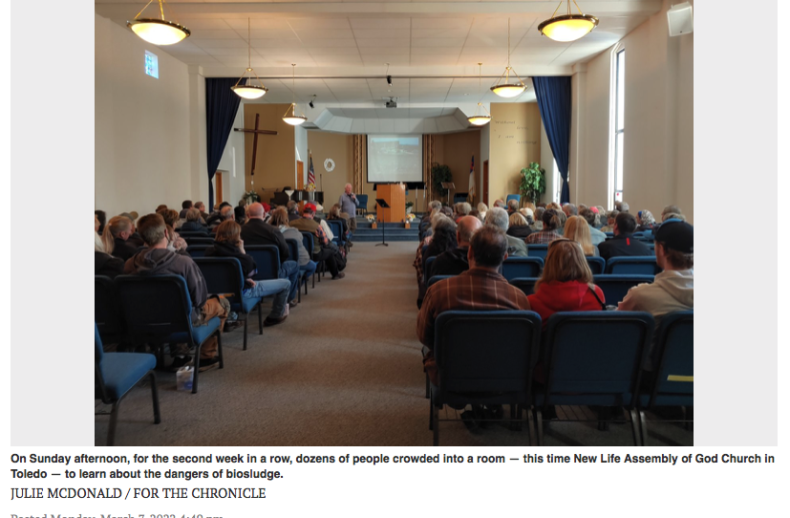Indigenous people are by far the best rainforest custodians, with deforestation rates on their lands up to 50% lower than elsewhere, according to a UN study last year.
While an estimated 10% of the south-east Amazon appears to have already become a net carbon source owing to forest degradation, the WRI says that at least 92% of forested lands held by Indigenous peoples and communities in Amazonian countries are still carbon sinks. On average, these lands sequester more than 30 tons of carbon dioxide equivalent a hectare, more than twice as much as other lands.
In Brazil, however, the Jair Bolsonaro government has undermined Indigenous people’s protection agencies and fast-tracked legislation to open their lands to mining, oil and gas exploration, hydroelectric dams and soy plantations. Brazil’s deforestation rate soared by 57% last year to the highest level in a decade.
Izabella Teixeira, a former Brazilian environment minister honoured by the UN for helping to reverse Amazonian deforestation, said Bolsonaro offered only “a fake green, short-term perspective”, aimed at fooling the international community.





